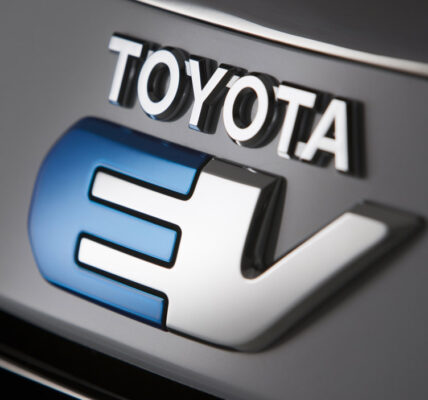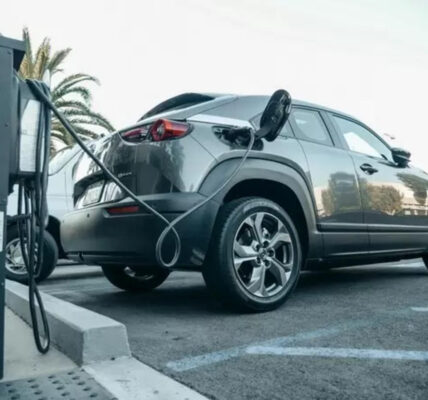The Mobility Open Blockchain Initiative (MOBI) and its internal Electric Vehicle Grid Integration (EVGI) Working Group have released the world’s first standard for using blockchain technology to protect private user data in electric vehicle charging systems.
MOBI and the EVGI Working Group, the latter of which is chaired by General Motors and its technical partner, Honda, say the new working standard “covers the system designs and data schemas required for three core use case areas: Vehicle to Grid Integration (V2G), Tokenized Carbon Credits (TCC), and Peer to Peer (P2P) applications.”
V2G Integration refers to how electric vehicles and plug-in hybrids communicate with the charging grid when they are plugged in and how they send data back to the operator of that specific charging grid. P2P applications, in this instance, relate to how charging networks partition workloads between different users, which requires data sharing and thus blockchain technology to help protect user data. The blockchain technology can also be used to help facilitate and secure the trading of Tokenized Carbon Credits (TCC) between companies and corporations.
“Implementing the EVGI Standard will provide a variety of benefits for players on all sides of the electric vehicle and charging ecosystem,” said MOBI COO and founder Tram Vo. “Electric vehicles, chargers, and electricity producers can have a secure identity, communicate with a standard messaging format, and automatically record transactions such as charging, generation, and exchange on a distributed ledger.”
In a statement, Honda Europe senior project engineer Christian Köbel said the goal with the new standard “is to enable scalable, user-centric energy communities,” and build “meaningful tools for energy-conscious end customers.”
“The EVGI Standard represents one of the first essential building blocks for founding such an ecosystem,” he added.
What does all this tech jargon mean for the consumer? MOBI says that a blockchain-enabled security system will enable “data transparency, trust, coordination, and automation among mobility service providers, consumers, utilities, and government stakeholders.” Put more simply, those tapping into EV charging grids will be able to rest easy knowing their data is properly secured as it is shared between companies trying to figure out which areas are EV hotspots and other important strategic factors. This may not seem like such a big deal now, but when almost every new car sold is an EV, data security with regard to charging is set to become a major talking point.







